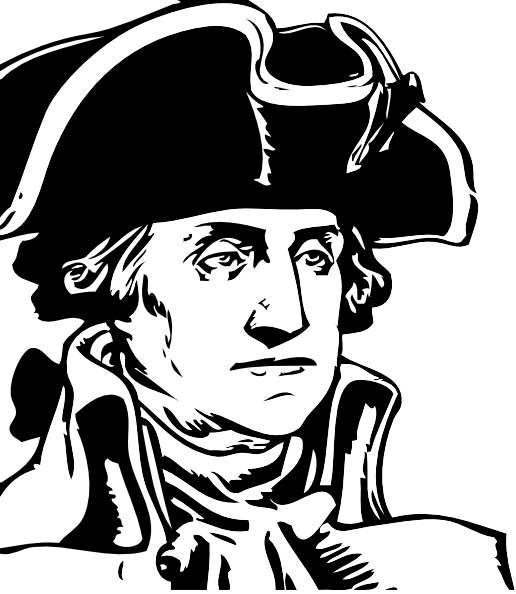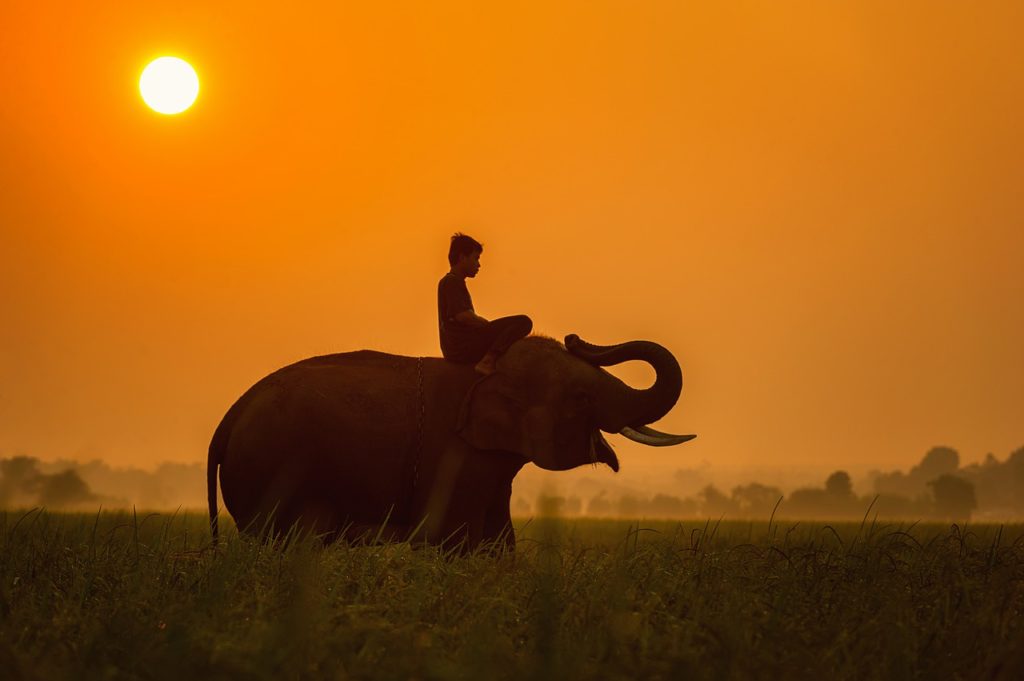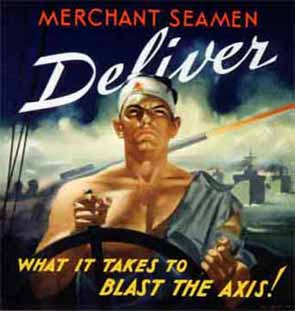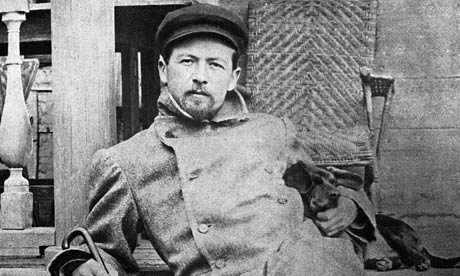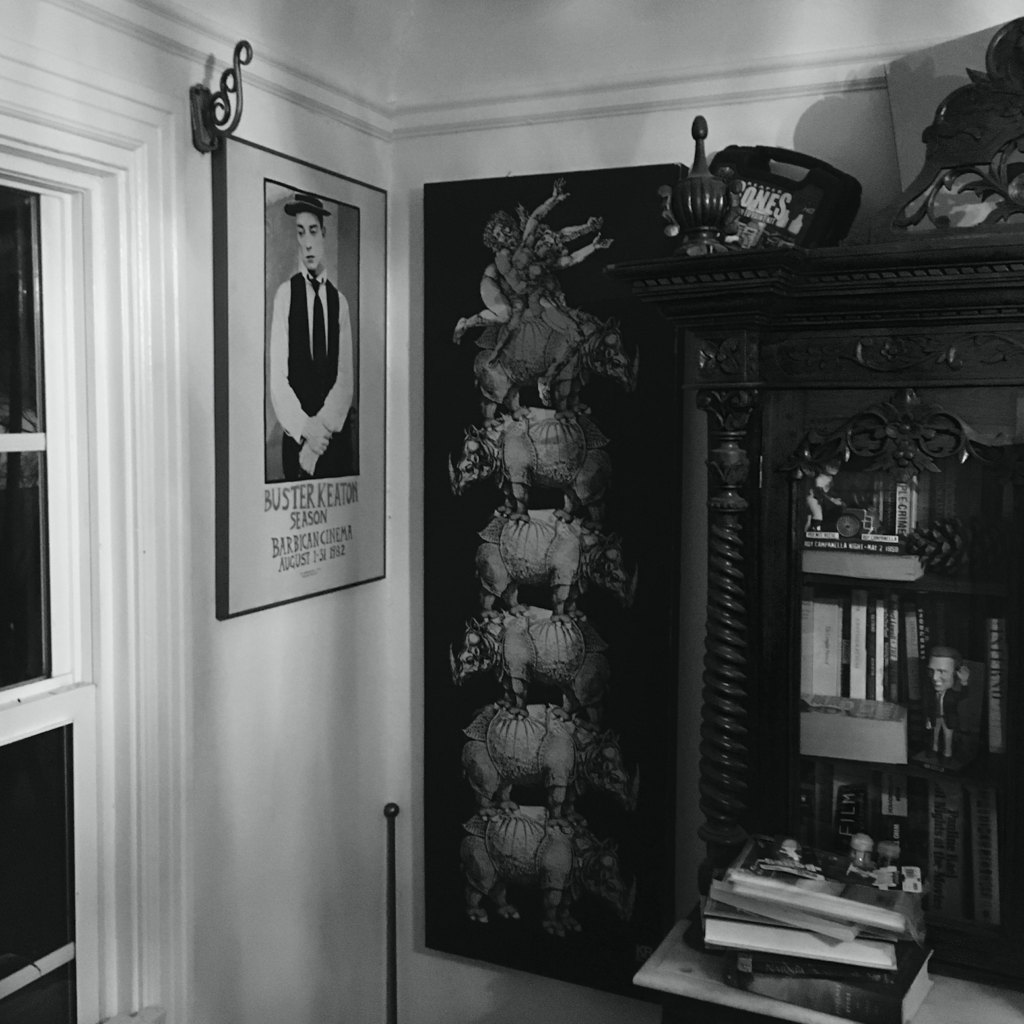
Dear Friends of the Pub Quiz,
Yesterday while waiting in line to buy tickets to Manchester by the Sea (an excellent film), I ran into the local KDVS DJ and music promoter Bill Wagman. Bill was heading over to see Rogue One, and admitted that last year he reviewed all six Star Wars films in anticipation of watching The Force Awakens.
The new Star Wars movie and the untimely death of Carrie Fisher have lead many people to watch those films again. My son Truman’s room at age 11 looks somewhat like mine did at the same age, with Star Wars characters and posters festooned on the walls. Like most kids my age, Truman can speak about his favorite science fiction films with authority.
My wife Kate was the one who broke the news to him. She wrote, “I felt awful telling him this morning, ‘honey, I have some very sad news: Carrie Fisher has died.’ He looked so sad and finally said, ‘Mommy, is it okay if we don’t talk for a while?’ ‘I feel the same way,’ I said.” Reading this, I was reminded of the December morning when my Mom woke me with the news that John Lennon had been killed. He was important to me in part because of the causes that he espoused.
Other musicians aspired to improve the world, as well. After Prince died last year, we discovered that he had funded solar panel investments here in northern California. As Van Jones said, “there are people who have solar panels right now on their houses in Oakland, California that don’t know Prince paid for them.”
After George Michael passed away this past Christmas, we discovered that he had been donating proceeds from some of his biggest hits to British charities, and that he had volunteered time in homeless shelters, all while requesting that the charities and beneficiaries keep his kindness quiet. For example, as NPR reported, George “Michael donated the royalties from ‘Don’t Let the Sun Go Down on Me,’ his 1991 duet with Elton John,” to the London-based HIV-awareness organization Terrence Higgins Trust.
Speaking of HIV awareness, Debbie Reynolds hosted benefits for HIV/AIDS research two years before President Reagan ever publicly acknowledged that AIDS existed. When Reagan was California governor, the two of them chatted in the green room while waiting to appear on the first ever episode of the Joey Bishop Show. 15 years later, they were worlds apart on the most important emerging medical crisis of the age.
Reagan was running for president against Jimmy Carter in May of 1980, the month that I met Carrie Fisher at the Kennedy Center in Washington DC, for the world premiere of The Empire Strikes Back. Even though she was in conversation with Harrison Ford, she was momentarily kind to me by making eye contact, signing an autograph, and telling me that she hoped I would enjoy the film. None of us knew about her private battles with substance abuse and mental illness, causes that she would champion with her writing and her celebrity. Fisher earned the Kim Peek Award for Disability in Media in 2012, in part because of her willingness to share details about her battles with bipolar disorder.
Rather than Star Wars, we watched Singing in the Rain on New Year’s Eve. As I delighted in Gene Kelly’s ambitious choreography, I was reminded of having been introduced to that film, and especially its soundtrack, for years before sitting in the AFI screening room with my Dad to watch Star Wars. The deaths of so many stars and heroes in 2016 might make all of us feel a bit nostalgic and melancholy this new year. I hope that tonight’s Pub Quiz will lift our spirits.
I will close with part of a poem by David Meltzer, the San Francisco beat poet and acquaintance of mine who passed away Saturday night, on the last day of 2016, at age 79:
The veil
existed before he was born
and between his arising
shadowed the world he moved through
reaching for dim forms he thought
brought light
Tonight’s Quiz will feature questions on some of the topics raised above, as well as on Apple, Inc., household cleaners, new year’s resolutions from garrulous fathers, new jobs, Miles Davis in 1962, atypical plants, Marie Curie, Africa, Stanley Steamers, musical instruments, Toy Stories, Mel Gibson, French authors, Browns, Ireland, Harrison Ford’s smoking habit, ingénues, cities in Texas, the mordantly wealthy, New Zealand, the coming night, Darryl Strawberry, ordained ministers, crosses in New Mexico, chased Mafiosi, Gerald Ford, intransitive two-syllable verbs with several meanings, Mitch Richmond, Saddam Hussein, joints and trusses, franchises, summer hits, Martina Navratilova, music consumption, soaked stagnancy, Michael Richards, swords, and Shakespeare.
Happy New Year! Please join us tonight for our first de Vere’s Irish Pub Pub Quiz for 2017!
Your Quizmaster
https://www.yourquizmaster.com
http://www.twitter.com/yourquizmaster
http://www.facebook.com/yourquizmaster
Here are three questions from a quiz I presented on December 28, 2009:
- Books and Authors. Who wrote A Child’s Christmas in Wales in 1955?
- Pop Culture – Music (Karaoke Question). About whom did Miles Davis say “You can’t play nothing on trumpet that doesn’t come from him”?
- Sports. Two-time consecutive World Cup winner Lindsey Vonn left a competition today after seriously injuring her arm. In what sport is Vonn considered one of America’s greatest competitors?
P.S. “You write in order to change the world, knowing perfectly well that you probably can’t, but also knowing that literature is indispensable to the world.” James Baldwin






